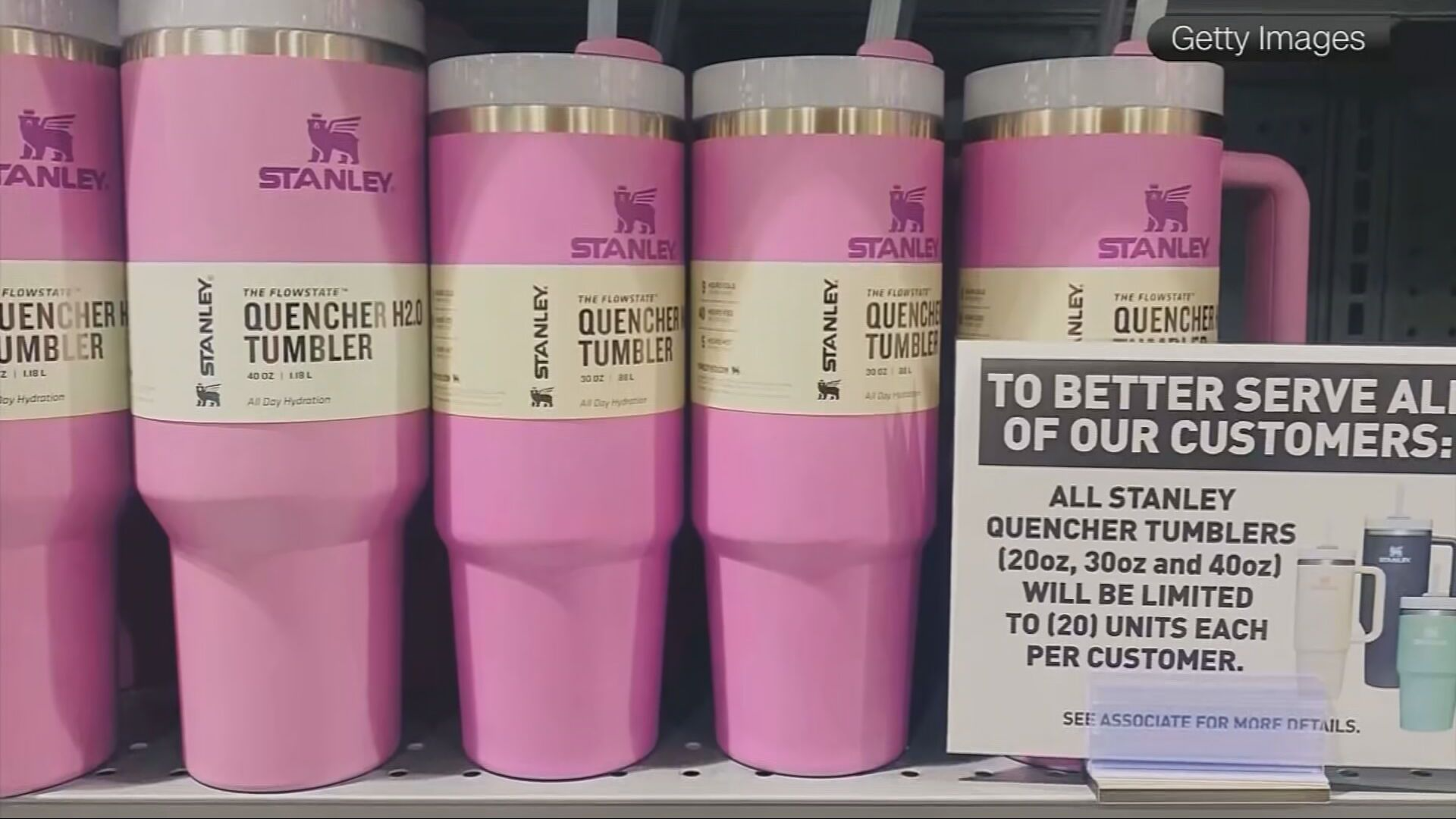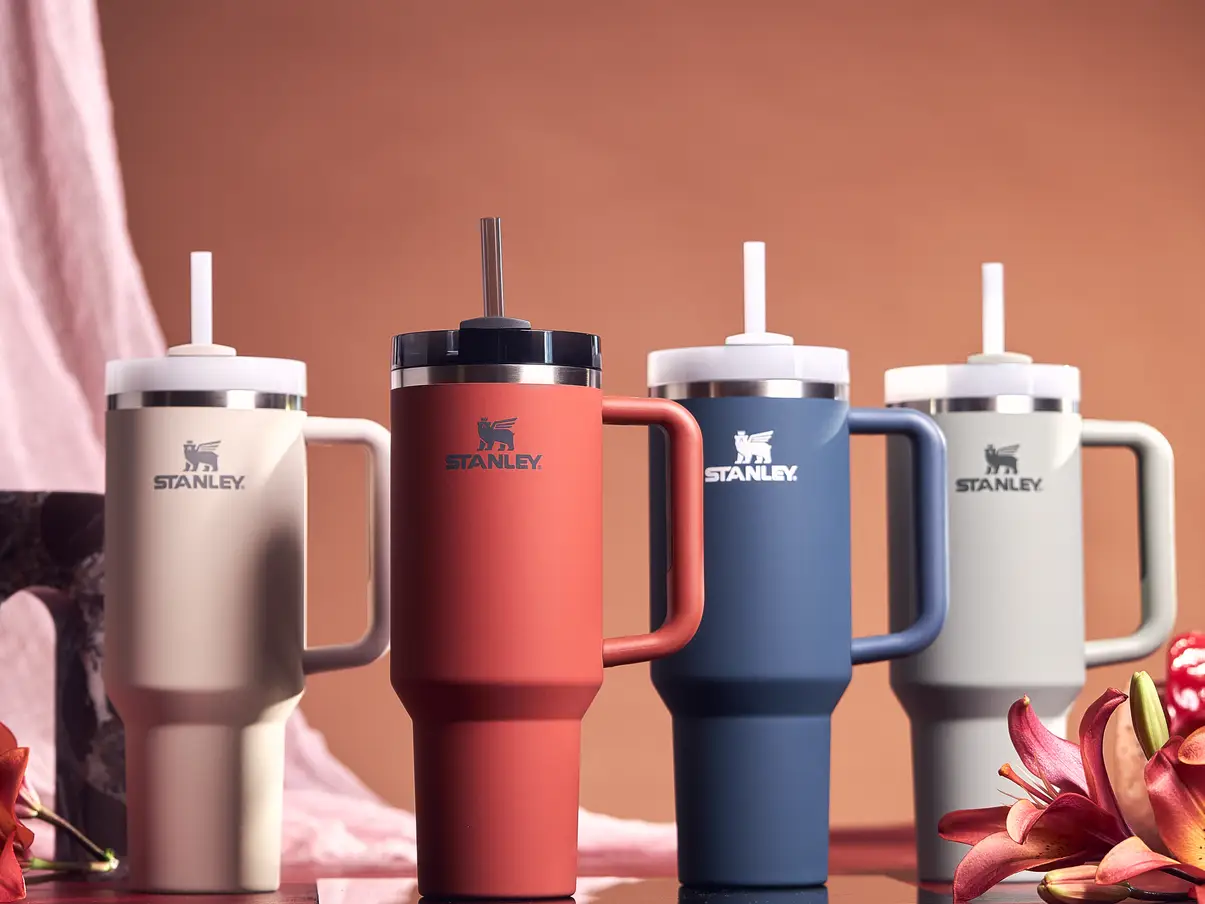In an unfolding controversy that blends consumer rights with social media’s power, Pacific Market International (PMI), the parent company behind the beloved Stanley Tumblers, finds itself at the center of a legal storm. A class action lawsuit spearheaded by a Seattle-based law firm accuses PMI of deceiving its customers by failing to disclose the presence of lead in its viral drinkware products. This revelation has sparked a flurry of concern and debate among consumers, influencers, and legal observers alike.

The Heart of the Controversy
The lawsuit alleges a significant oversight by Stanley: the undisclosed inclusion of lead in its tumblers. “As the manufacturer and designer of these products, the Stanley Defendants knew, or reasonably should have known, about this lead issue for years but chose to conceal it from the public presumably to avoid losing sales,” the legal documents state, as reported by NBC News. This accusation raises serious questions about consumer safety and corporate responsibility, especially in an era where transparency is highly valued by shoppers.
The issue came to light in January when TikTok influencers, wielding at-home testing kits, uncovered that the surfaces of Stanley tumblers contained lead. These findings were quickly disseminated online, leading to public outcry and heightened scrutiny of Stanley’s manufacturing processes.
The parent company of the viral Stanley tumbler is facing two new lawsuits after the company acknowledged that part of the insulation at the bottom of the bottle — which people do not come into contact with — contains some lead. https://t.co/rnRoTXxIdi
— ABC News (@ABC) February 22, 2024
Stanley’s Defense: Innovation or Ignorance?
In response to the uproar, Stanley issued a statement on its website, defending its use of lead in the manufacturing process. The company explained that lead is employed as a sealing pellet for the vacuum insulation at the base of its tumblers, a common industry practice. This component is supposedly shielded by a durable stainless steel layer, rendering it inaccessible and, by their account, safe for consumer use.
“At Stanley, one of the key features of our products is our vacuum insulation technology, which provides consumers with drinkware that keeps beverages at the ideal temperature,” Stanley’s statement clarified. This defense highlights the brand’s reliance on its vacuum insulation technology to deliver on consumer expectations for temperature retention, whether keeping drinks hot or cold.
The Social Media Factor
The colorful Stanley “quencher” tumblers have not only become a staple among online influencers but have also seen a dramatic surge in popularity, thanks in part to their frequent showcases on social media platforms. In 2023 alone, Stanley’s revenue reportedly increased tenfold, a testament to the product’s viral success and its resonance with the digital generation’s preferences for stylish, functional drinkware.

Looking Ahead: Legal and Consumer Implications
As the lawsuit against PMI proceeds, the outcome could have far-reaching implications for product transparency, manufacturing practices, and the responsibilities of corporations to their consumers. The case also underscores the potent role of social media in influencing consumer behavior and holding companies accountable.
PMI’s silence in response to inquiries about the lawsuit adds another layer of intrigue to the saga. As consumers and legal experts alike await further developments, the controversy serves as a cautionary tale about the balance between innovation and integrity in the consumer goods industry.
In the meantime, the case against Stanley serves as a vivid reminder that in the digital age, consumer vigilance is more empowered than ever, with social media serving as both a spotlight and a battleground for corporate accountability.










